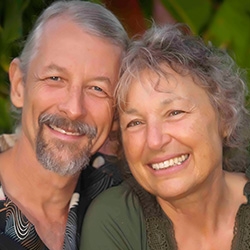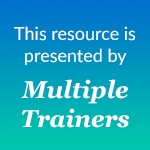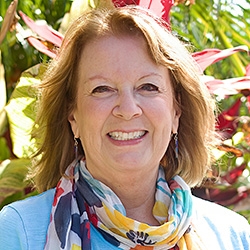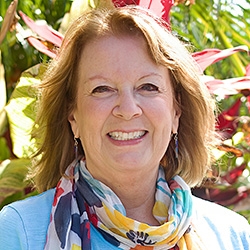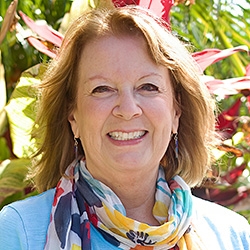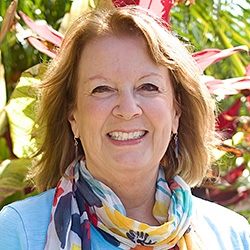

NVC Resources on Observation
-
Explore the similarities and differences between NVC and Inner Relationship Focusing.
-
Explore NVC’s core elements alongside universal spiritual principles.
-
Listen to Jim and Jori Manske share how we are conditioned to disconnect from our own feelings and how we can unlearn this habit to experience more full and rich inner lives.
-
Listen to the Universe is a fun group exercise to explore how we focus our attention and interpret what we experience.
-
NVC Mingle is a fun group exercise to practice NVC principles and create quick connections with others.
-
Trainer Tip: When we acknowledge our met needs, rather than labeling the other person as good or bad, we achieve a clarity of mind that deepens our connection to ourselves and other people.
-
Trainer Tip: NVC-based social change naturally emerges from “a certain kind of spirituality”, a quality of spiritual clarity. Intuitions and impulses arising from spiritual clarity are more likely to support sustainable systems. Read on for how to bring more of this in, and ways to transform your complaint into commitment.
-
Instead of wondering, invest time today to ask at least one friend your friendship enhances her life. Such clarification can deepen the connection.
-
Trainer Tip: In Nonviolent Communication, we see expressing honesty as a gift of our authenticity, and a chance for others to support us in getting our needs met -- this can flourish and deepen our relationships. We can notice and act on opportunities to be honest with the components of OFNR (Observations, Feelings, Needs, and Requests).
-
Trainer Tip: When we express appreciation using words like "good", "great" or anything else evaluative, it conveys we are in the position to judge, and that we've judged them or their actions. Instead, to express appreciation without judgment state what they did, how you feel about what they did, and which of your needs are met by their behavior. Such an expression of appreciation clearly states how your life was enriched, without judgement.

Quick Links
Subscription Preferences
Stay In Touch!
Looking for ways to keep up with NVC Academy news, get special offers, free resources, or words of inspiration? Here are five ways to stay engaged:



